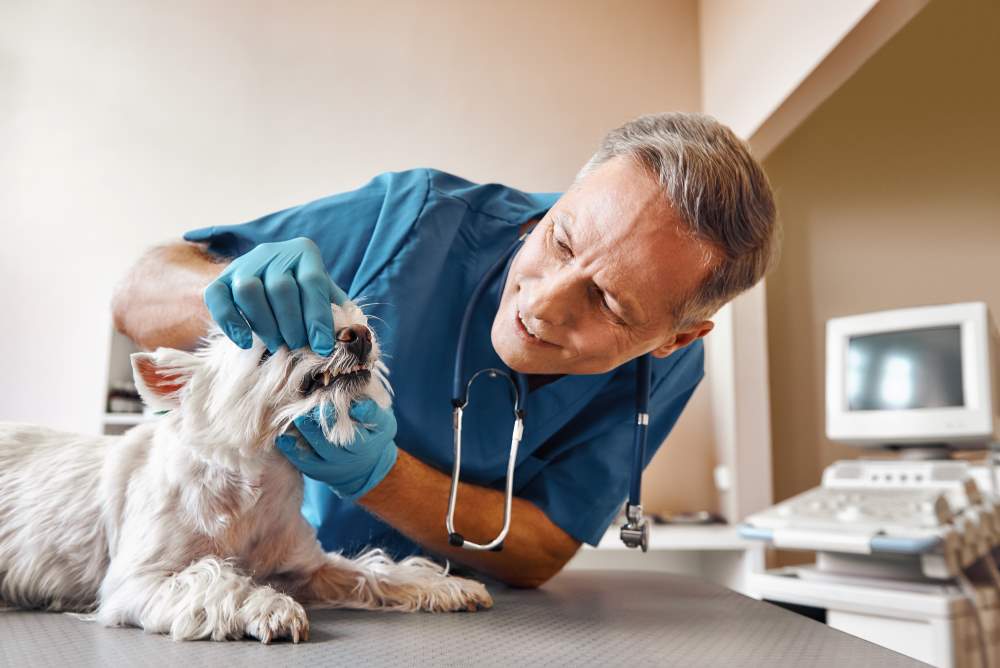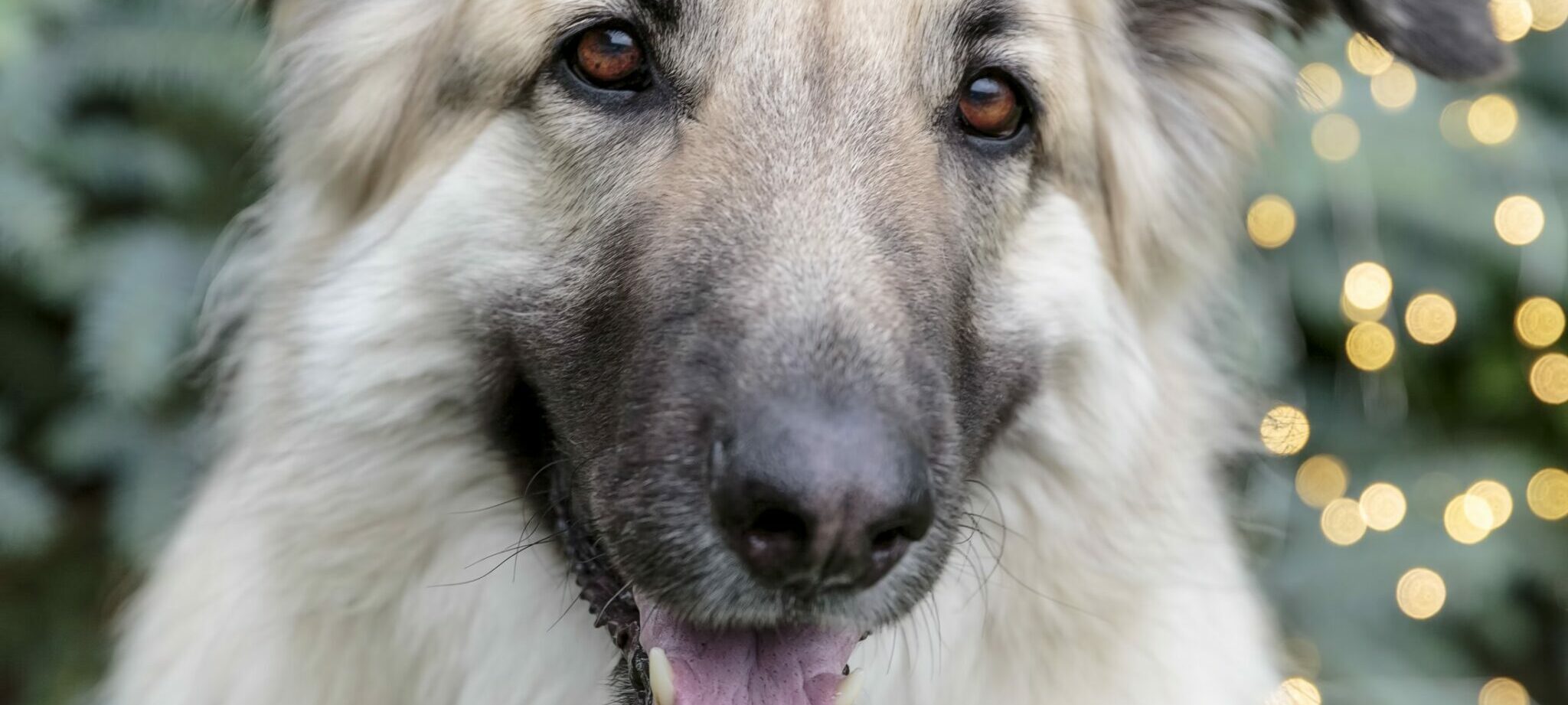
22 Nov Why Hand Scaling Your Pet’s Teeth At Home Is A Bad Idea
Hand scaling your pet’s teeth, a practice commonly known as “at-home dental care” for pets, can be detrimental to both your pet’s oral health and your own well-being. While it may seem like a cost-effective and convenient way to maintain your pet’s dental hygiene, there are several reasons why hand scaling your pet’s teeth at home is a bad idea and generally not recommended by veterinary professionals.
Handscaling Your Pet’s Teeth at Home is a Bad Idea
First and foremost, attempting to hand scale your pet’s teeth without proper training and equipment can be dangerous for you and your pet. Scaling teeth is a delicate procedure that requires specific tools and expertise. When done incorrectly, it can cause significant harm, including injuries to your pet’s gums, tongue, or the enamel of their teeth. Additionally, your pet may not be cooperative during the process, leading to potential bites or injuries to you.
At-Home Dental Care Won’t Identify Underlying Dental Issues
Furthermore, hand scaling is unlikely to address the underlying dental issues your pet may have. Many dental problems in pets, such as periodontal disease, fractured teeth, tooth or root resorption, or oral tumors, require professional assessment and treatment by a trained veterinarian. Neglecting these issues can lead to pain, discomfort, and potential complications for your pet’s overall health. A veterinarian can diagnose these problems accurately and provide appropriate treatment, which may include dental cleanings, extractions, or other procedures.
Handscaling is Not the Same as a Professional Dental Cleaning
In addition to the risks and potential harm, at-home dental care is often less effective than professional dental cleanings performed by a veterinarian. Professional cleanings include not only scaling but also polishing to remove surface stains and smooth the tooth’s surface. This helps prevent the accumulation of plaque and tartar in the future. Dentists also take X-rays to identify any hidden issues below the gum line, which are impossible to detect during hand scaling. At YPD of Nashville, we also use a Cone Beam CT (CBCT) for all our patients. This allows us to look judiciously at the tooth and its roots as well as the surrounding bone around a tooth.
Regular professional dental care is essential for your pet’s well-being. Poor dental health can lead to various health issues, including pain, difficulty eating, bad breath, and the potential for bacterial infections to spread to other parts of the body. Neglecting your pet’s oral health can result in more extensive and costly veterinary care down the road.
Damaging the Human-Animal Bond
Additionally, practicing hand scaling on your pet can harm the human-animal bond. Your pet may become fearful, anxious, or aggressive during dental procedures, which can strain your relationship. It’s crucial to prioritize your pet’s comfort and safety in all interactions, including dental care.
Seek Professional Veterinary Dental Care in Nashville, TN
In conclusion, hand scaling your pet’s teeth is not only bad for your pet’s oral health but can also have detrimental consequences for your own well-being. The risks of injury and infection, the limited effectiveness of at-home dental care, and the potential for overlooking serious dental problems make it a less-than-ideal choice. To ensure your pet’s oral health, it’s best to consult with our Board-Certified Veterinary Dentistry team who can provide professional dental care and address any underlying dental issues, ultimately benefiting both your pet and you.
Barden Greenfield, DVM, DAVDC Your Pet Dentist of Nashville


